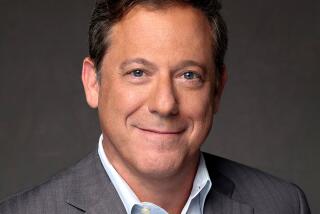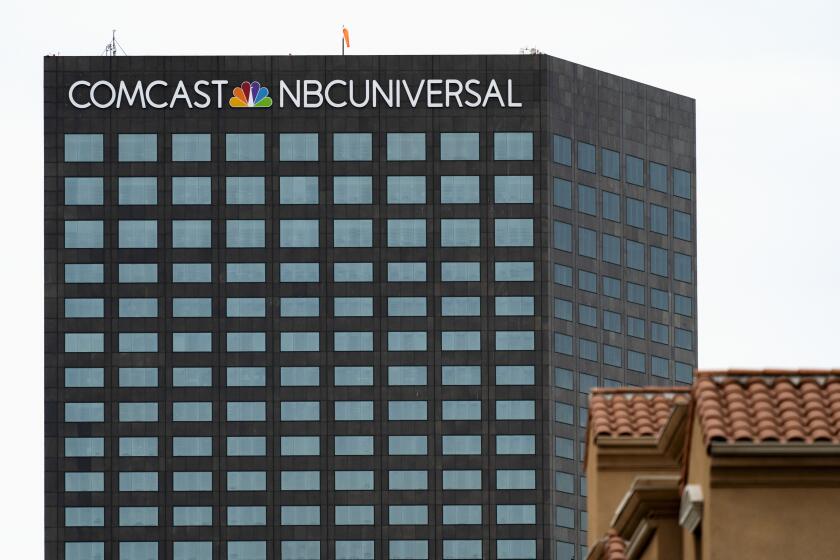Hollywood plays dating game in scheduling movie sequels
If the film business is akin to playing poker, two Hollywood studios are making bets on a hand they haven’t yet been dealt.
Lionsgate and Sony Pictures have announced release dates for sequels to “The Hunger Games” and “The Amazing Spider-Man,” two highly anticipated movies that will be released in March and July 2012, respectively. “Hunger Games” sequel “Catching Fire” has been scheduled for November 2013, while the sequel to the “Spider-Man” reboot will hit theaters in May 2014.
Scheduling movies three years in advance — let alone before production has been greenlighted — is unusual but not unprecedented in Hollywood, where claiming prime release dates for tentpole movies has become a fiercely competitive chess game.
With the exception of multi-movie series filmed simultaneously, such as the upcoming pair of “Hobbit” pictures, industry veterans can’t recall studios ever dating the second movie in a series before the first is released. Historically, sequels aren’t scheduled until the first movie proves its box-office mettle.
Because Hollywood studios are relying on big-budget event movies with worldwide appeal for more of their revenue as they produce fewer mid-budget dramas and comedies, none wants to risk missing out on the best release date. As a result, movies are being scheduled further in advance. Aside from two historically slow weekends in early June, the summer 2013 schedule is already full.
“These are aggressive moves, but there are a handful of weekends every year that studios with gigantic movies are gunning for,” said Jim Gallagher, a consultant who was previously president of marketing for Walt Disney Studios. “Lionsgate and Sony are signaling that they will spend whatever it takes to make the first films successes because they are already setting up these franchises.”
“Hunger Games,” based on the bestselling young adult book trilogy, has been hyped as the next “Harry Potter” or “Twilight.” It’s thus no coincidence that Lionsgate scheduled “Catching Fire” on the same date — the weekend before Thanksgiving — that several “Potter” and “Twilight” movies had $100-million-plus openings.
Sony is hoping that its rebooted “Spider-Man” series starring Andrew Garfield will be as successful as the 2002-07 trilogy featuring Tobey Maguire in the red-and-blue tights. The first and third movies in that series opened the first weekend of May to $114 million and $151 million, respectively, and the 2014 sequel is swinging onto the same date that kicks off the summer movie season.
“ ‘Spider-Man’ has got a history of working there and we’re anxious to have it continue,” Sony Vice Chairman Jeff Blake said of the planned released date.
By the time Lionsgate and Sony were ready to pick release dates for “Hunger Games” and “The Amazing Spider-Man,” their ideal choices were already taken. Marvel’s “Avengers” will come out the first weekend of May next year, and the final “Twilight” movie opens the weekend before Thanksgiving.
For the sequels they hope to make, neither studio wants to be in a reactive position again. “Better for everyone else to be on the defense than us this time,” said David Spitz, executive vice president of distribution for Lionsgate.
There’s one group that feels as much dread as confidence over the announcements, however: The people making the movies. With sequels scheduled less than two years after the films they are currently producing, the pressure is on to deliver two successes in rapid succession.
“It goes against all of my Jewish superstitions,” said “Hunger Games” producer Nina Jacobson. “My great-grandmother would not approve.”
Times staff writer Nicole Sperling contributed to this report.
More to Read
The biggest entertainment stories
Get our big stories about Hollywood, film, television, music, arts, culture and more right in your inbox as soon as they publish.
You may occasionally receive promotional content from the Los Angeles Times.










